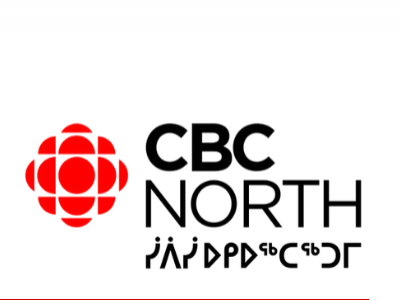Michael Dorland has been a prominent Professor of Communications at Carleton University since 1992. Many students, past and present, had the pleasure of having Professor Dorland teach them throughout their years at Carleton. He is, without question, a popular and beloved professor who made lasting contributions to the communications program and to Carleton more broadly.
Growing up in Montreal, and studying in London and Paris, Dorland taught at McGill and Concordia before making Carleton his home.
Dorland’s contributions to the field and to Carleton have been numerous and extensive. Over the course of his 27-year career, he became known for his outstanding research on Canadian film policy, law and rhetoric, the psy-sciences and expertise, and self-help culture, among other things. His interest in the concept of communication informed his work on how the medical community attempted to describe the effects of concentration camps on Holocaust survivors, and his magnum opus, Cadaverland: The Limits of Medical Knowledge and Historical Memory (2009), dealt with 60 years of Holocaust survivor research in five countries.
Professor Dorland worked as a journalist and editor and was an award-winning film critic in Montreal prior to his academic career. Since 2011, he was also the Editor-in-Chief of The Canadian Journal of Communication. He officially retired from Carleton on December 31, 2018, but will no doubt continue to contribute in numerous ways to the intellectual culture of the communication and media studies program.
Dorland celebrated
“Professor Dorland’s book, So Close to the State/s, was the book that inspired my own doctoral dissertation, a historical epistemology of Canadian film and television policy. In reading it as a grad student, I was impressed with the incredible theoretical richness brought to a subject, film policy that has always been presented in mostly empirical terms. Michael was one of a number of major scholars in places like Canada and Australia that injected considerable life back into the field of cultural policy studies. Who knows where I would be without this book? His appetite to hear and to reckon with ideas was only matched by his big voice, his cutting humour, and his infectious laugh. We will miss him around here.” – Ira Wagman, Associate Professor, Carleton University
“Michael is skilled as a cultural historian, but more significantly he has the depth, erudition, and intuitions of a philosopher. He does not recycle received ideas. He was the instigator of our co-authored Robinson Prize winning Law, Rhetoric, and Irony in the Formation of Canadian Civil Culture (UTP). He was always a pleasure to work with. He is perceptive and thoughtful, a careful listener, and a great collaborator, even is as a former journalist he is also a fast writer. I struggled to keep up with him. I value Michael as a dear friend. Carleton has been lucky to count him among its faculty. –Maurice Charland, Professor Emeritus, Concordia University
“When I look back on my doctoral studies, the absolute highlight comes down to having Michael as a supervisor – he is brilliant, but also a truly fine person. He gave wonderful advice, support and helped me to grow as a scholar and as a colleague. Michael has made such a difference in the way I look at communication studies and in my experience as a student and a scholar. I feel blessed to have had him as a supervisor and colleague, and so fortunate to call him a friend.” – Charlene Elliott, Professor and Canada Research Chair, University of Calgary
“Michael is the consummate academic. He is an intellectual force who is fiercely committed to ideas and good arguments; yet, he complements his brilliance with a kind and generous spirit. He is a thoughtful and caring colleague and friend and I have been so fortunate to work with and learn from him these past 15 years. Michael’s contributions to communication studies, most recently as editor of the leading field journal in Canada, advanced the field and allowed our program to play a key role in its continued formation. I will miss Michael and wish him happiness and lots of Florida sunshine in his retirement.” – Josh Greenberg, Professor and Director, School of Journalism and Communication, Carleton University



